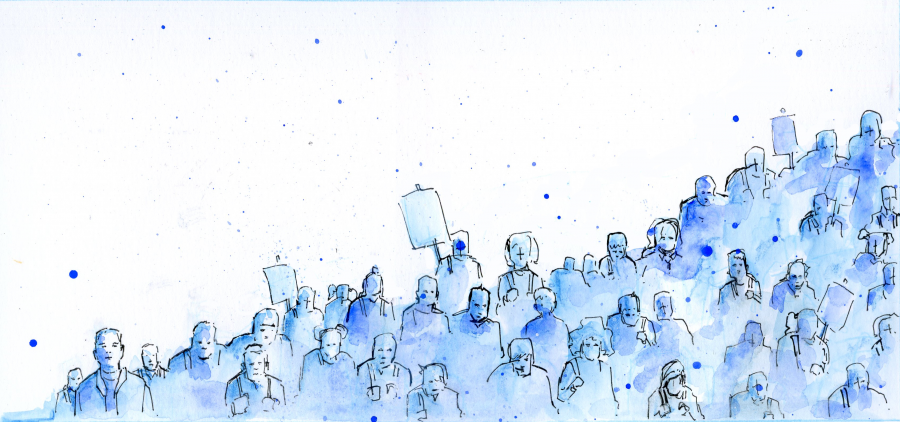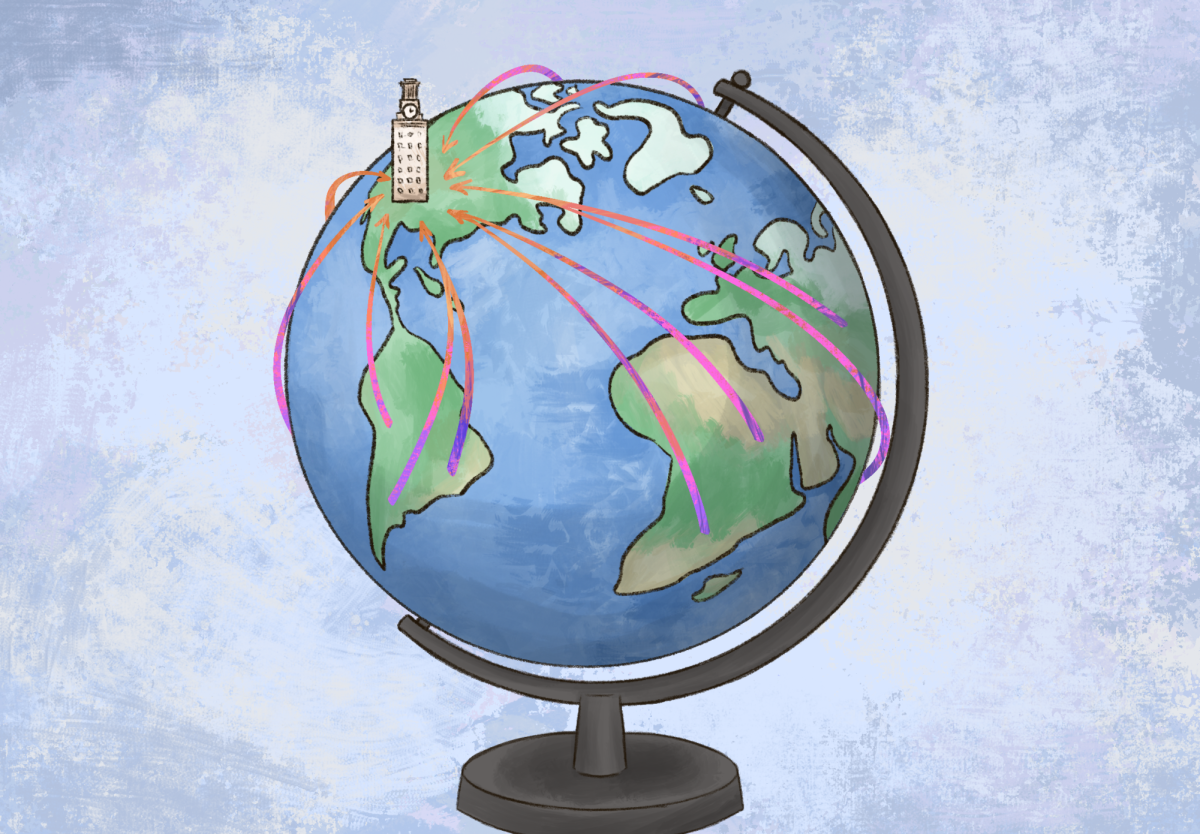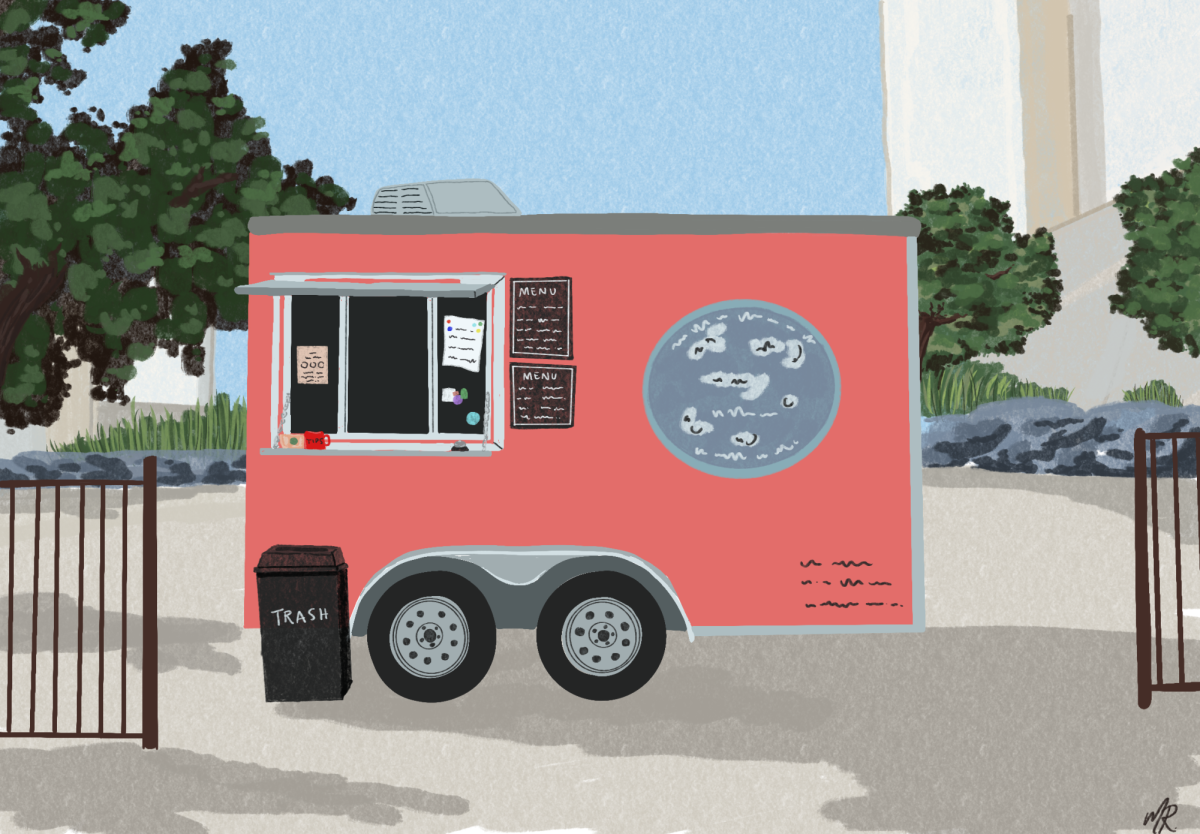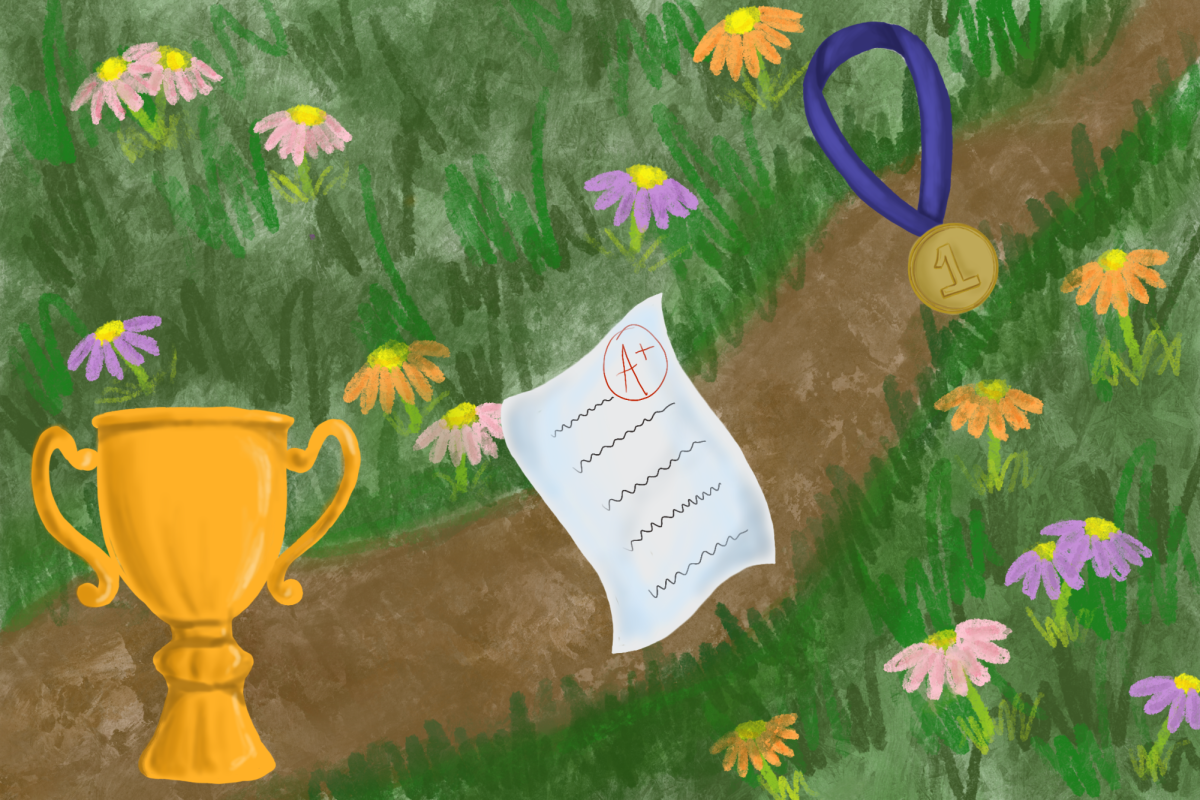The Daily Texan: How are you involved with the March for Our Lives movement?
Conner Vanden Hoek: So after Parkland, one of unfortunately many awful tragedies that’s happened with gun violence, this time thankfully students started saying no. It was less about everyone feeling helpless, and everyone was just saying, “We’ve had enough with this.” A lot of these marches started coming about. I know there was a school walkout earlier that happened at DFW and nationwide, of course. And March 24th, the March for Our Lives, was the big one … I had some friends who were helping organize it, and I also had an internship with congressman Lloyd Doggett’s office, so we care about that as well. Honestly, I just wanted to go out there and march, because it’s been so many times that this has happened.
DT: What was your perspective as a young person at this event?
CVH: For young people, mass shootings have just always been something that’s happened. A lot of us were born around the time of Columbine, so from major school shooting to school shooting to just shootings everywhere honestly. We’ve seen the three deadliest mass shootings in probably the last two or three years. I think that we’ve kind of grown up with this perspective that we see an entire group of people who say that there’s nothing we can do about it, because we can’t stop 100 percent of deaths and so we might as well just not do anything.
DT: How, if at all, did this event differ from other protests you have attended?
CVH: One of the big things I noticed was on my way on the bus downtown I was sitting down and saw a bunch of kids sitting next to me. I was asking some of the adults about it, and they were like, “We’re three middle school teachers, and we’re bringing the students down to this protest on the bus because we’ve had them write essays about how to solve gun violence.” It was really incredible to see how many, not only just high schoolers, but middle schoolers and elementary school kids and all these young activists starting to get involved at such an early age.
DT: Did you speak directly with any high school students? What were their impressions or thoughts during the March?
CVH: I think they were surprised at how much they could do in such a short amount of time, as high school students. Thinking back to when we were in high school, I couldn’t imagine me organizing something like that big. But I feel like these students were put in the right position at the right time and they took advantage of that.
DT: Where do you see this movement going in terms of tangible change?
CVH: I think it’s going to be, unfortunately, a little bit before we get any tangible change, but I think that this really starts putting the pressure on lawmakers. Because you have all of these young people that are coming in and they’re gonna start being able to vote in November and they’re trying to make guns the issue in voting. I think that having this sort of awareness, even aside from any soon to be tangible changes, you’re having a ton of these new young people who are getting involved and they’re seeing the power they have that they wont have to wait until they’re old or have a certain degree to create change. I think a lot of them are getting inspired by seeing these young people who are getting involved. The middle schoolers were saying how it was so cool to see someone almost as young as they were on the national news fighting for this. I think it’s gonna inspire a lot of the future leaders from this movement.
Vanden Hoek is a government sophomore.













